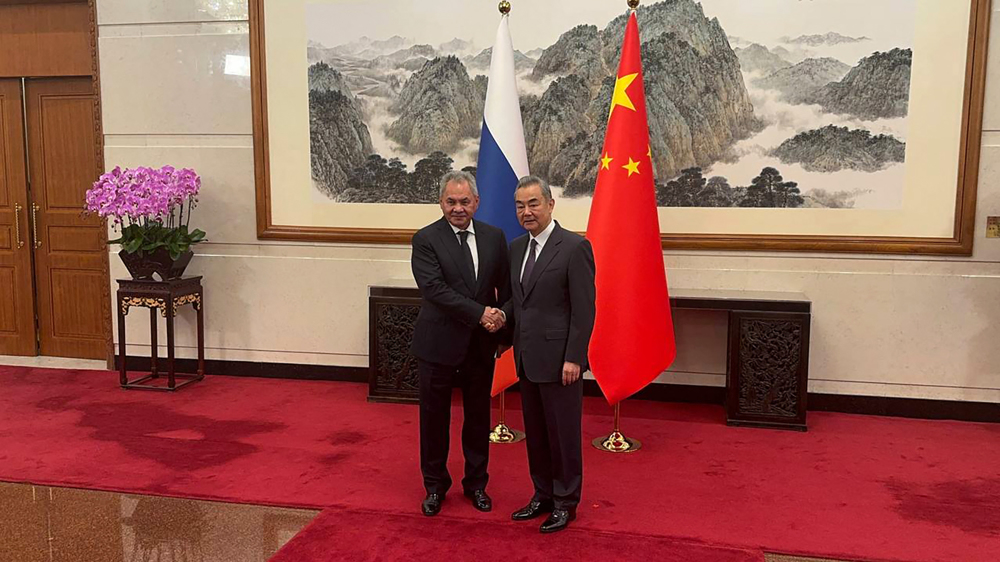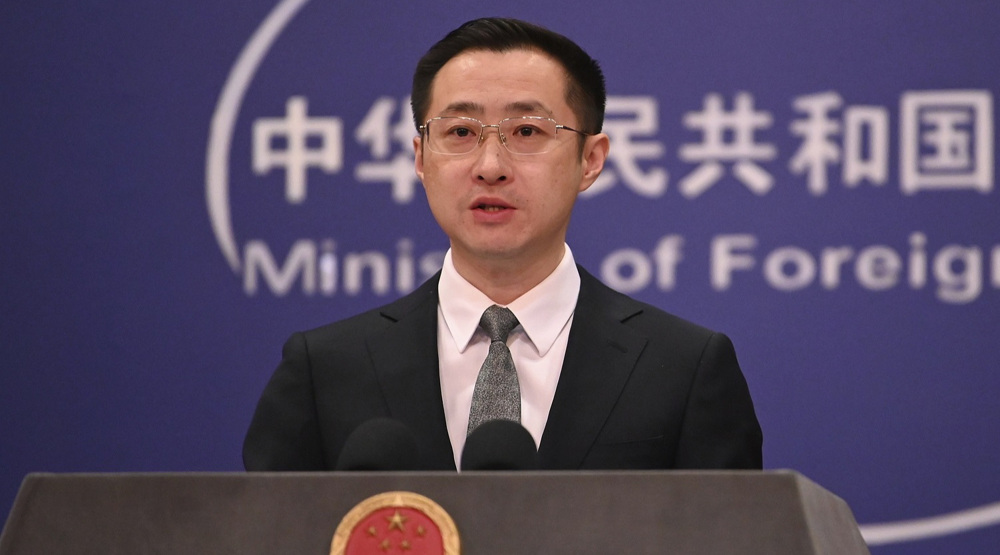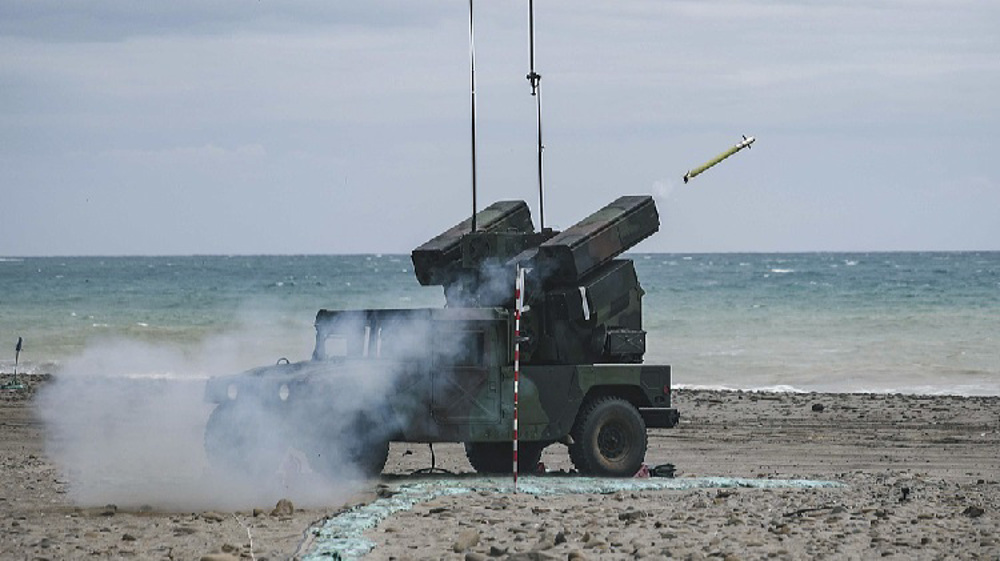US unilateralism, hegemonic acts doomed to fail: China
China has vehemently dismissed Washington’s move to trigger the so-called snapback mechanism and restore the United Nations sanctions against Iran despite its departure from the landmark 2015 nuclear deal with Tehran, saying the US administration’s unilateralism is unpopular and its hegemonic acts are doomed to failure.
Chinese Foreign Ministry spokesman Zhao Lijian made the remark at a regular press briefing in Beijing on Monday, while commenting on a recent request by the US from the UN Security Council to reinstate all the nuclear-related UN sanctions on the Islamic Republic.
“The US unilateral withdrawal from the Joint Comprehensive Plan of Action (JCPOA) means it has waived its right as a participant to the JCPOA. It is therefore not eligible to request the launch of a snapback mechanism to restore sanctions against Iran,” Zhao told reporters.
“The fact that 13 member states of the United Nations Security Council has sent a joint letter to oppose the US move reflects the position of the vast majority of the UN Security Council members and the broad consensus of the international community. It once again shows that unilateralism is unpopular, and bullying will not succeed.”
Underlining that the resolution of the Iranian nuclear issue relies on dialog rather than sanctions, the Chinese official said, “We hope the US side could listen to the voice of most members of the international community and return to the right track of implementing the JCPOA and the Security Council's resolutions.”
The United States is trying to invoke the snapback mechanism in the multilateral nuclear agreement despite its withdrawal from the JCPOA in May 2018, which was in violation of UN Security Council Resolution 2231 that endorses the deal.
The United States' most prominent Western allies have refused to fall into step with its adventurism.
The United Kingdom, France, and Germany, all signatories to the JCPOA, say the US does not have the legal right to trigger the snapback sanctions due to the 2018 withdrawal.
VIDEO | 85% of Yemeni displaced people face daily hunger crisis
US House passes bill targeting charities and pro-Palestine groups
VIDEO | Supporting Gaza genocide
Hezbollah attacks Israeli forces after Lebanese homes blown up
World leaders, states hail ICC arrest warrants for Netanyahu, Gallant
MP: US accountable for possible Israeli 'foolishness' to attack Iraq
VIDEO | Israeli policies strangle Palestinian agriculture, economy
Iran's president offers condolences to Pakistan over terrorist attack












 This makes it easy to access the Press TV website
This makes it easy to access the Press TV website